International Women’s Day Celebration: Are we in a post-#MeToo world?
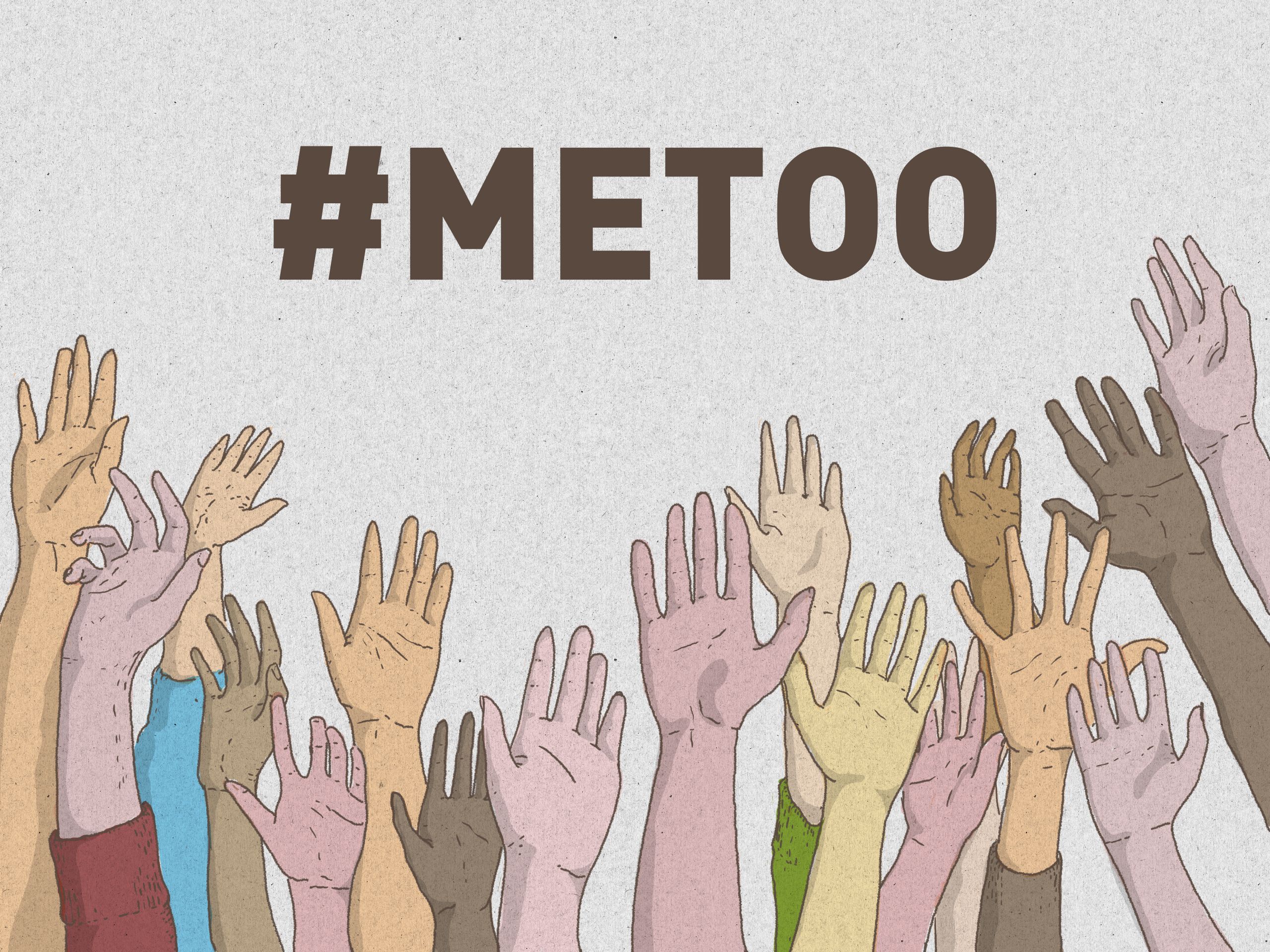
(Illustration: Shutterstock)
Researchers, panelists and artists are raring to explore what has happened to the world after #MeToo at CBS’ International Women’s Day celebration on Friday March 6. Here you can also meet the queerfeminist and anti-capitalist band ‘Følsom Front’.
These days, the rape trial against Hollywood producer Harvey Weinstein under way is widely considered a watershed moment for the #MeToo movement, which began going viral on social media following exposure of the widespread sexual-abuse allegations in early October 2017.
The resulting global movement has both triggered broad debate on sexual harassment and abuse of power, while also increasing acceptance for objecting to transgressive behavior of any kind.
So, what now? Where has the #MeToo movement left us? Has anything changed? And for whom?
At the International Women’s Day celebration at CBS on March 6, panelists from CBS and outside, as well as researchers and artists will be exploring life and work in a post-#MeToo world, and questioning whether that is the case.
“What does #MeToo really mean? Have we explored all the complexities of this theme? We hope to stimulate an interesting debate about these questions, as well as getting an artistic reflection on the subject at our celebration of International Women’s Day,” says Florence Villesèche, Associate Professor and Academic Director of the CBS Diversity and Difference Platform, which will be hosting the event.
For the occasion, the Diversity and Difference Platform has asked two artists to share their reflections on #MeToo. One reflection will be delivered by the queerfeminist and anti-capitalist band ‘Følsom Front’, whereas multi-media artist Maria Kapajeva will give an artistic perspective on the objectification of women, during a talk with Ana Maria Munar, Associate Professor at Department of Management, Politics and Philosophy.
“Artists are also researchers in a way. The look at society and reflect on what happens and express what they see in an artistic way,” says Florence Villesèche.
According to Florence Villesèche, critics of #MeToo argue that the movement has mainly had an effect for middle to upper-class white women, and that the movement has not penetrated the urban outskirts and among lesser endowed social classes in different parts of the world. And this will also be discussed during the event.
“Not all of us are living in a post-#MeToo world. It’s very much about privilege. In Denmark, it has drawn attention to how we organize ourselves, and ask about sexual harassment in employee surveys. But do we address these issues, or just ask about them? In other parts of the world, diversity and what can happen to our bodies isn’t addressed at all,” she says.
At previous years’ celebrations of International Women’s Day at CBS, topics such as leadership, designing organizational solutions, and recruitment and retention of female talent in academia have been discussed with the business sector and politicians. This year, the set-up is slightly smaller, but this year’s topic is of a kind that needs special attention.
“Previously discussed topics are also very important. However, this is a theme you are rather less likely to chat about over coffee. It’s about our bodies and sexuality, which we bring to work every day, and we need to discuss that in a constructive and composed way,” says Florence Villesèche.



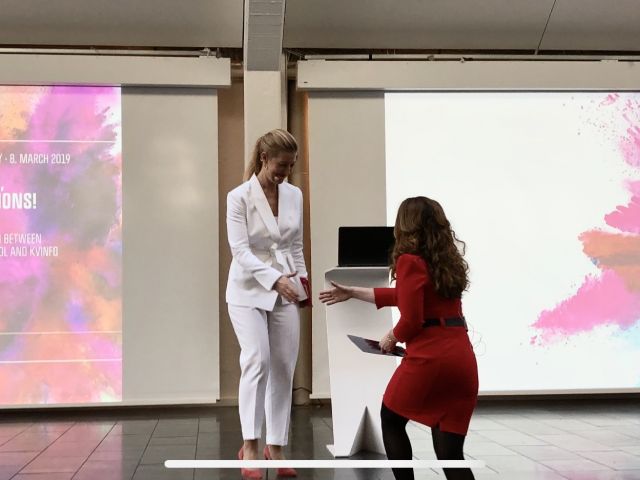

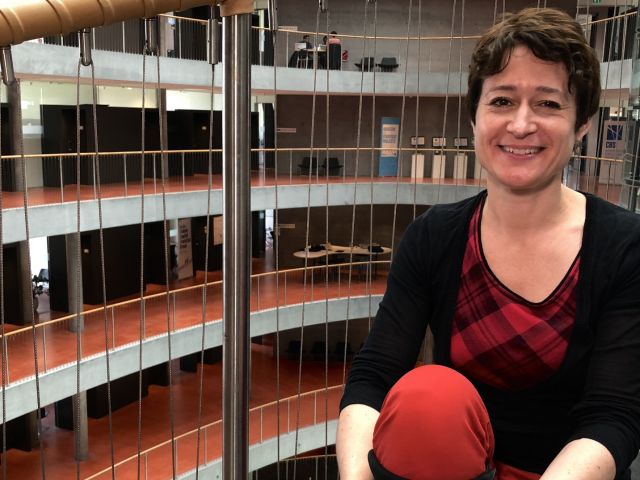
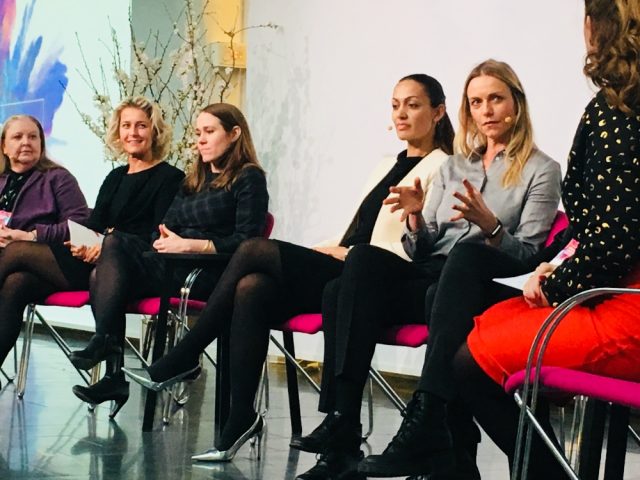
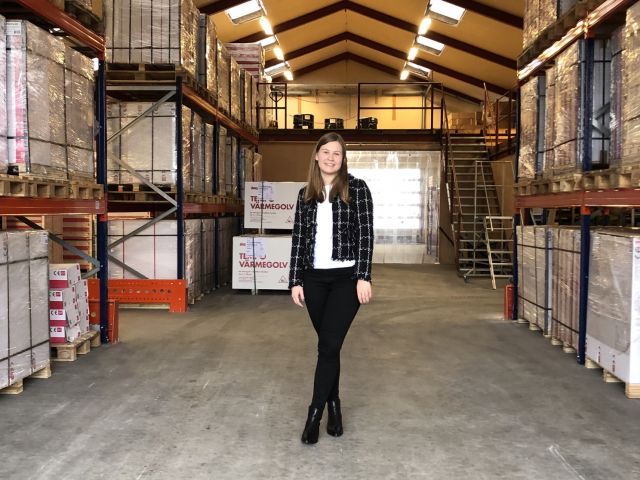
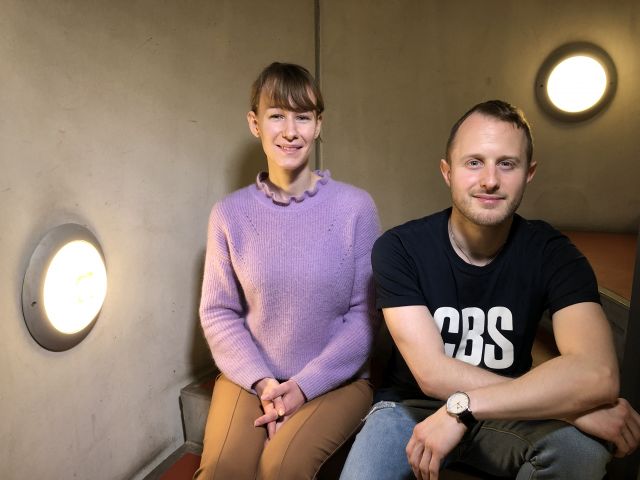




























































































































Comments